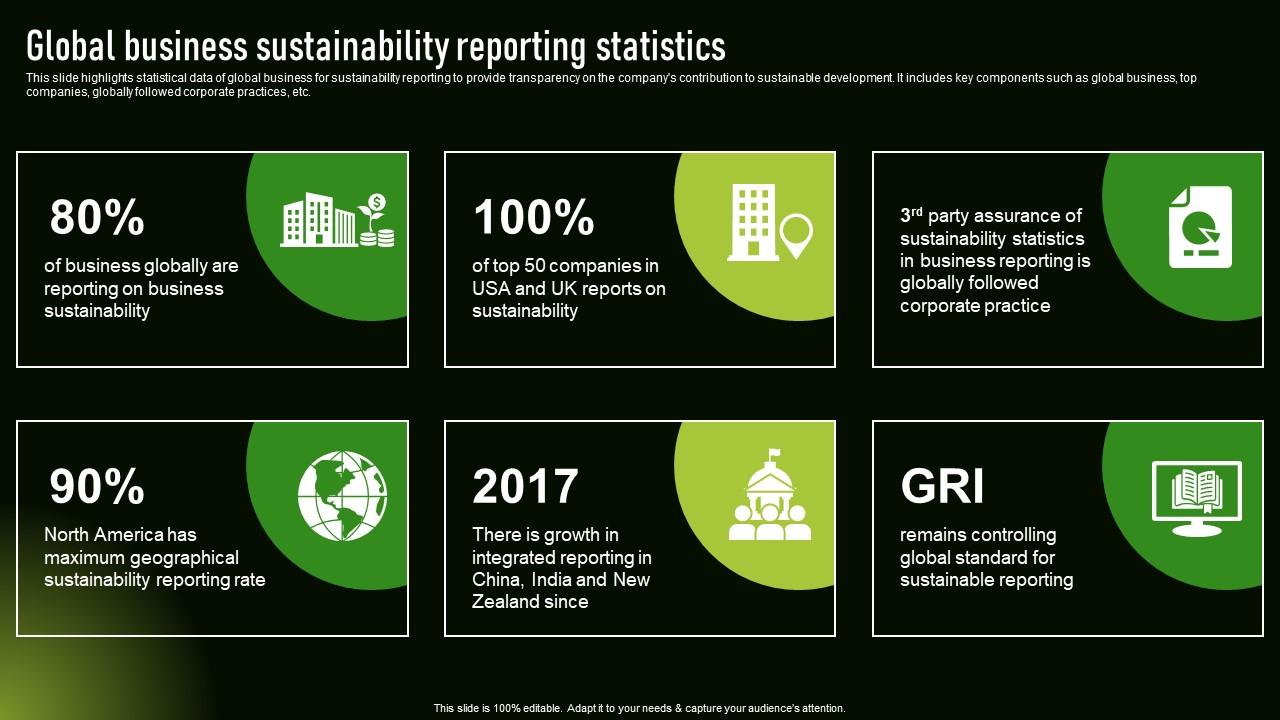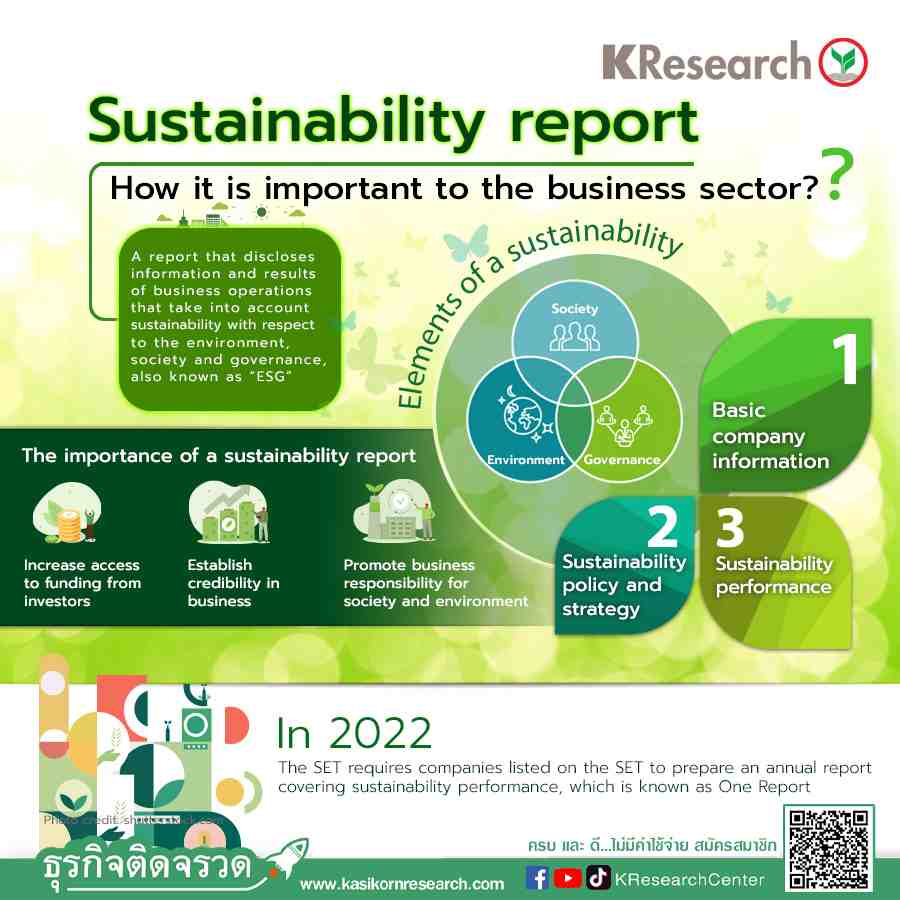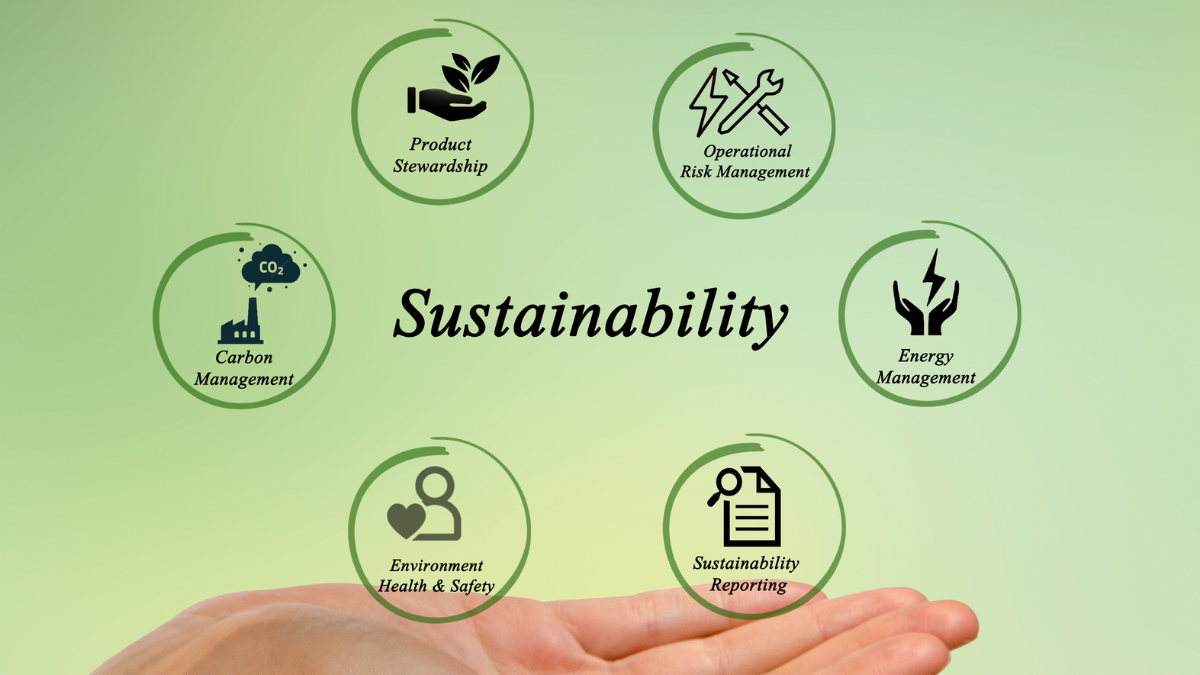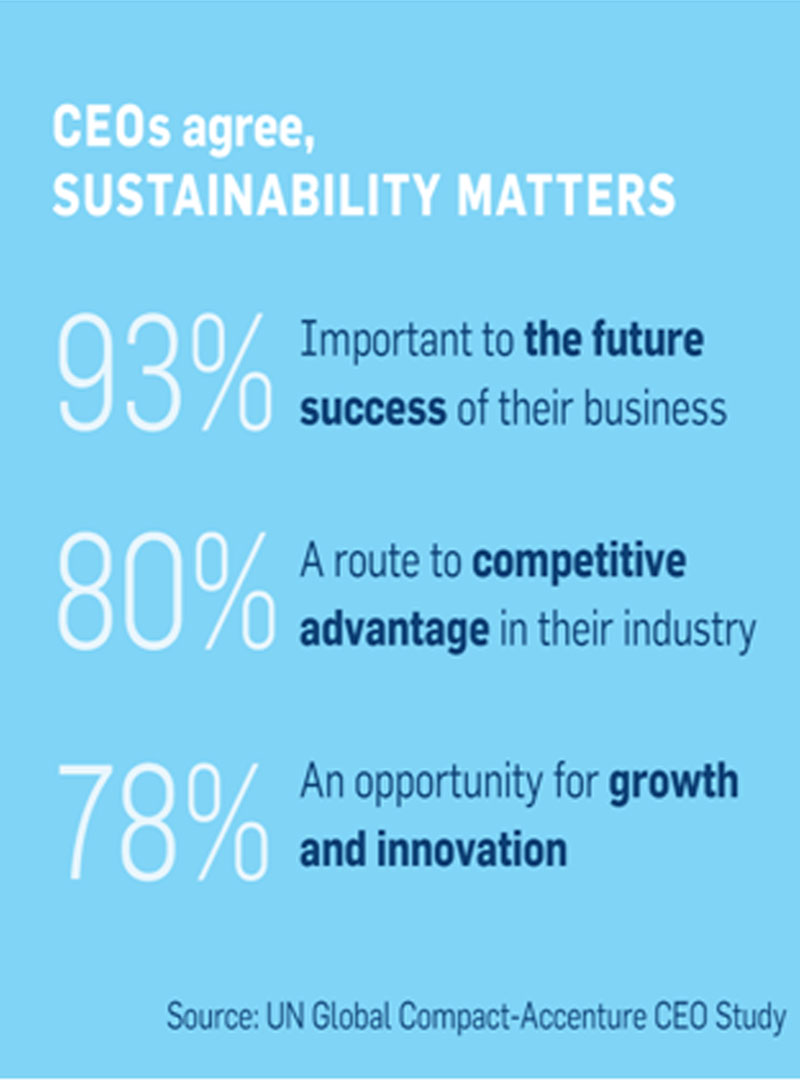The Business Case for Sustainability Reporting: More Than Just a Trend
The world is demanding more transparency from businesses.
Investors are increasingly factoring sustainability performance into their
investment decisions. Customers are choosing brands that align with their
values. Employees are seeking employers committed to ethical practices. And
regulators are setting stricter standards for environmental and social
responsibility.
And for small and medium-sized enterprises (SMEs), embracing sustainability reporting is no longer a "nice-to-have" but a crucial step towards staying competitive and thriving in this evolving landscape. It's a strategic tool that can unlock significant benefits for businesses of all sizes.
Sustainability reporting goes beyond simply listing your
green initiatives. It's about transparently communicating your company's impact
on the environment, society, and the economy. It's about telling a compelling
story that demonstrates your commitment to ethical and responsible practices.
Now, you might be thinking, "Sustainability reporting sounds great, but my small business doesn't have the resources or expertise." This is a common concern, but the good news is that sustainability reporting doesn't have to be complex or expensive. In fact, it can be a powerful tool to drive growth and success for SMEs, even those with limited resources.
Sustainability reporting can help your SME stand out in this evolving landscape. It can:
Enhanced Brand Reputation and Trust: Sustainability
reporting allows you to demonstrate your commitment to ethical practices,
environmental responsibility, and social impact that are associated with better
public image (Moneva & Hernandez-Pajares, 2018, Castilaa-Polo &
Sanchez-Hernandez, 2020). This builds
trust with customers, investors, and stakeholders, ultimately enhancing your
brand reputation. For example, Patagonia, a company known for its commitment to
sustainability, has seen a surge in customer loyalty and brand advocacy thanks
to its transparent reporting on environmental and social practices.
Increased Investor Interest and Funding: Investors
are increasingly looking for companies that align with their values and
demonstrate strong ESG performance. Sustainability reporting provides investors
with the information they need to make informed investment decisions, leading
to increased investor interest and access to capital. For example, Tesla, a
company renowned for its electric vehicles and clean energy solutions, has
attracted substantial investment due to its comprehensive sustainability
reports that showcase its commitment to environmental sustainability. Research has
found that sustainability reports
enhance information transparency and allow investors to incorporate
sustainability information in stock valuation (Du et al, 2017). It can also attract investment funding
(Bouten & Everaert, 2015).
Reduced Risks and Improved Operational Efficiency:
Sustainability reporting forces businesses to identify and address potential
risks related to climate change, resource scarcity, human rights, and other ESG
factors. By proactively managing these risks, companies can improve operational
efficiency, reduce costs, and mitigate liability (Dobbs & Van Staden, 2016).
For instance, a company that reports on its water usage and waste management
might discover opportunities to conserve resources, improve recycling
practices, and ultimately reduce operational expenses.
Enhanced Innovation and Competitive Advantage:
Sustainability reporting can drive innovation by encouraging businesses to
develop new products, processes, and technologies that are more sustainable and
efficient. This can lead to a competitive advantage in the market and attract
customers seeking eco-friendly solutions (Bouten & Everaert, 2015, Buhr et
al, 2014). For instance, companies
developing sustainable packaging materials, renewable energy solutions, or
circular economy models are finding success by highlighting their innovative
approaches in their sustainability reports.
Improved Employee Engagement and Retention: Employees
are increasingly looking for companies that prioritize sustainability and
social responsibility. Sustainability reporting can attract and retain top
talent by demonstrating a company's commitment to these values. Companies with
strong sustainability programs often report higher employee engagement,
satisfaction, and retention rates (Dobbs & Van Staden, 2016, Galbreath,
2010).
Stronger Stakeholder Relationships: Sustainability
reporting fosters transparency and open communication with stakeholders,
leading to stronger relationships and improved collaboration (Galbreath, 2010).
By engaging with stakeholders in the
reporting process, companies can address concerns, build trust, and secure
valuable input for decision-making.
Many SMEs believe that sustainability reporting is too
costly or complex for their business. But this is a misconception. You don't
need to be a Fortune 500 company to implement effective sustainability
reporting.
Here's the key: Start small. Focus on the areas that are most relevant to your business and stakeholders. Don't try to do everything at once.
There are also plenty of free resources available to help
SMEs get started:
- Frameworks
like GRI Standards for Beginners: These frameworks provide
guidance and templates for creating simple and effective sustainability
reports.
- Online
tools and resources: There are numerous online tools and
resources that can help you collect data, track your progress, and create
your report.
- Industry-specific
resources: Many industry organizations offer guidance and support
for SMEs on sustainability reporting.
Getting Started: Practical Tips for SMEs
- Identify
your material issues: Conduct a materiality assessment to
determine the most important sustainability issues for your business.
Focus on the areas that have the biggest impact on your operations,
stakeholders, and the environment.
- Set
achievable goals: Set realistic and achievable sustainability
goals that align with your business objectives. Start with small,
measurable goals, and gradually expand your efforts over time.
- Start
with a simple report: Begin with a concise and focused report
that covers your key sustainability areas. You can always expand your
reporting scope as your business grows.
- Seek
external support: Don't be afraid to seek assistance from
sustainability experts, consultants, or industry organizations. They can
provide guidance, resources, and support to help you navigate the
reporting process.
Sustainability reporting is no longer a trend; it's a strategic necessity for businesses of all sizes that want to thrive in the 21st century. By embracing sustainability reporting, SMEs can demonstrate their commitment to responsible practices, attract investors and customers, enhance their brand reputation, and drive growth and success.
Don't be intimidated by the perceived complexity. Start small, focus on your key areas, and leverage the resources available to you. The benefits of sustainability reporting are well worth the effort. The business case for sustainability reporting is clear: it's an investment in your reputation, your bottom line, and your future.
REFERENCES
Bouten, L., & Everaert, P. (2015). Social and
environmental reporting in Belgium: ‘Pour vivre heureux, vivons caches’.
Critical Perspectives on Accounting, 33, 24–43
Buhr, N., Gray, R., & Milne, M. J. (2014). Histories,
rationales, voluntary standards and future prospects for sustainability
reporting. In J. Bebbington, J. Unerman, & B. O'Dwyer (Eds.),
Sustainability accounting and accountability (pp. 51–71). Routledge.
Castilla-Polo, F., & Sánchez-Hernández, M. I. (2020).
Testing social and environmental disclosure-reputation relationship: A
longitudinal two-way analysis. Sustainability Accounting, Management and Policy
Journal, 12(3), 548–570.
Dobbs, S., & van Staden, C. (2016). Motivations for
corporate social and environmental reporting: New Zealand evidence.
Sustainability Accounting, Management and Policy Journal, 7(3), 449–472.
Du, S., Yu, K., Bhattacharya, C. B., & Sen, S. (2017).
The Business Case for Sustainability Reporting: Evidence from Stock Market
Reactions. Journal of Public Policy & Marketing, 36(2),
313–330. http://www.jstor.org/stable/44878344
Galbreath, J. (2010). How does corporate social responsibility benefit firms? Evidence from Australia. European Business Review, 22(4), 411–431
Moneva, J. M., & Hernández-Pajares, J. (2018). Corporate social responsibility performance and sustainability reporting in SMEs: An analysis of owner-managers' perceptions. International Journal of Sustainable Economy, 10(4), 405–420










Comments
Post a Comment